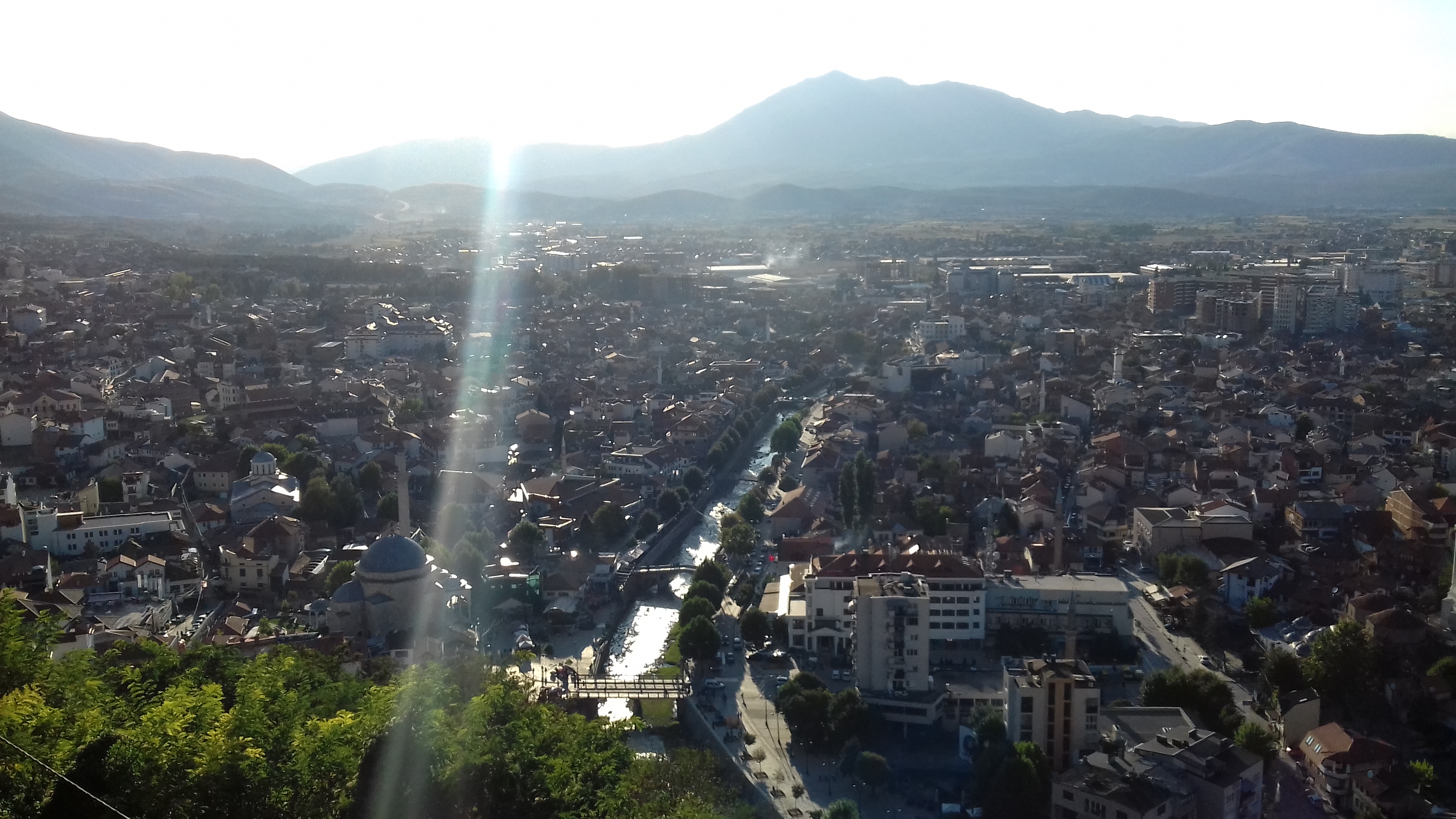The complicated relationship of the EU and its member states vis-à-vis the ‘Western Balkans’ has been the subject of many research projects and conferences. Zooming in on a particularly intricate issue that is “a key priority” for the EU in the region, as Special Representative Miroslav Lajčák reiterated recently during a press conference, my current research takes a closer look at the discourse unfolding in the process of the EU- (and US) facilitated negotiations on normalisations between Serbia and Kosovo.
Enlargement is embedded in a broader EU foreign policy rationale and closely linked to questions of ‘European identity’. At the same time, the Dialogue is directly connected to the accession perspective of both Serbia and Kosovo to the European Union. It aims “to promote cooperation between the two sides, help them achieve progress on the path to Europe and improve the lives of the people” and thus by extension to cultivate in both countries’ societies “in which pluralism, non-discrimination, tolerance, justice, solidarity and equality between women and men prevail”, i.e., the common values established in the Treaty of the European Union.
And yet, when looking at documents and analyses of the negotiations, one finds distinct patterns of ethno-territorial ordering as a decisive factor inhibiting its progress. By this I mean a focus on dividing lines between ethnic groups and ‘their territories’ (including in EU member states) that not only omits alternative readings and solution approaches but also undermines the facilitating parties’ own alleged strategic goals.
Frauke Seebass is a PhD candidate at Andrássy University Budapest, researching developments of foreign policy narratives in the EU towards Kosovo and their consequences. At the same time, she is a non-profit project manager currently working for the German grassroots thinktank Polis180 in the German-Georgian youth project #GEONext – Partnerships for Youth Engagement on cross-sector cooperation for societal change. Frauke has been working on EU neighbourhood policy towards the Western Balkans and the Eastern Partnership countries for several years.
Beginn des Seitenbereichs:
Seiteneinstellungen:
Ende dieses Seitenbereichs. Zur Übersicht der Seitenbereiche
Beginn des Seitenbereichs:
Suche:
Schließen
Ende dieses Seitenbereichs. Zur Übersicht der Seitenbereiche
Suchen
Beginn des Seitenbereichs:
Hauptnavigation:
Seitennavigation:
- Universität
Universität
Lösungen für die Welt von morgen entwickeln – das ist unsere Mission. Unsere Studierenden und unsere Forscher:innen stellen sich den großen Herausforderungen der Gesellschaft und tragen das Wissen hinaus. - Forschungsprofil
Forschungsprofil
Wissenschaftliche Exzellenz und Mut, neue Wege zu gehen. Forschung an der Universität Graz schafft die Grundlagen dafür, die Zukunft lebenswert zu gestalten. - Studium
Studium
Wo ist der beste Ort zum Studieren? An der Uni Graz. In einer inspirierenden Atmosphäre des Lernen und Forschens. Mit rund 120 Studien zur Auswahl. Für deinen Weg in die Zukunft. - Community
Community
Die Universität Graz ist Drehscheibe für internationale Forschung, Vernetzung von Wissenschaft und Wirtschaft sowie für Austausch und Kooperation in den Bereichen Studium und Lehre. - Spotlight
Ende dieses Seitenbereichs. Zur Übersicht der Seitenbereiche
Beginn des Seitenbereichs:
Sie befinden sich hier:
Ende dieses Seitenbereichs. Zur Übersicht der Seitenbereiche
15.11.2022
13:00 - 14:00
Zentrum für Südosteuropastudien & SOEGA
[0111] Beethovenstraße 8, SR 111.41
Beginn des Seitenbereichs:
Zusatzinformationen:
Ende dieses Seitenbereichs. Zur Übersicht der Seitenbereiche
Ende dieses Seitenbereichs. Zur Übersicht der Seitenbereiche
